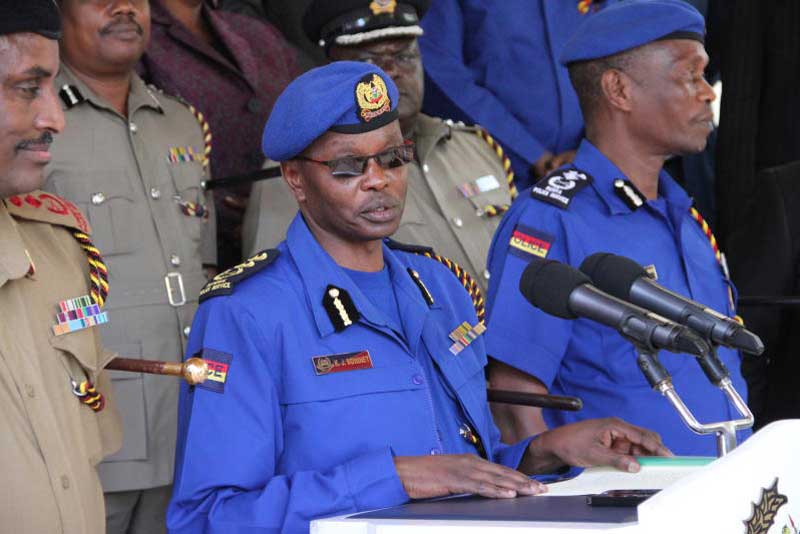×
The Standard e-Paper
Kenya’s Boldest Voice

New eight Regional Police Commanders were on Thursday unveiled as the National Police Service rolled out structural changes to affect at least 200 senior officers.
This saw at least 20 police officers recalled to the headquarters for redeployment.